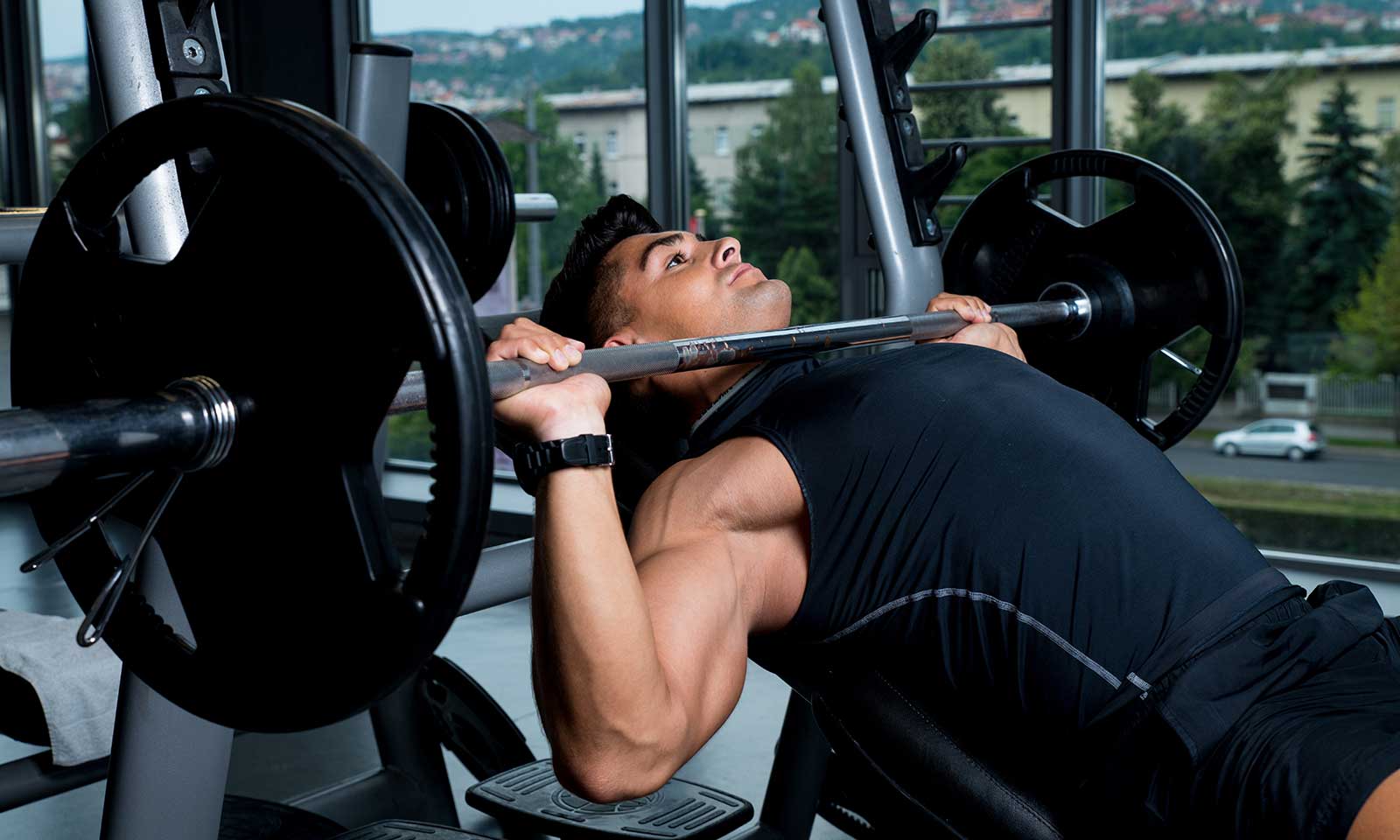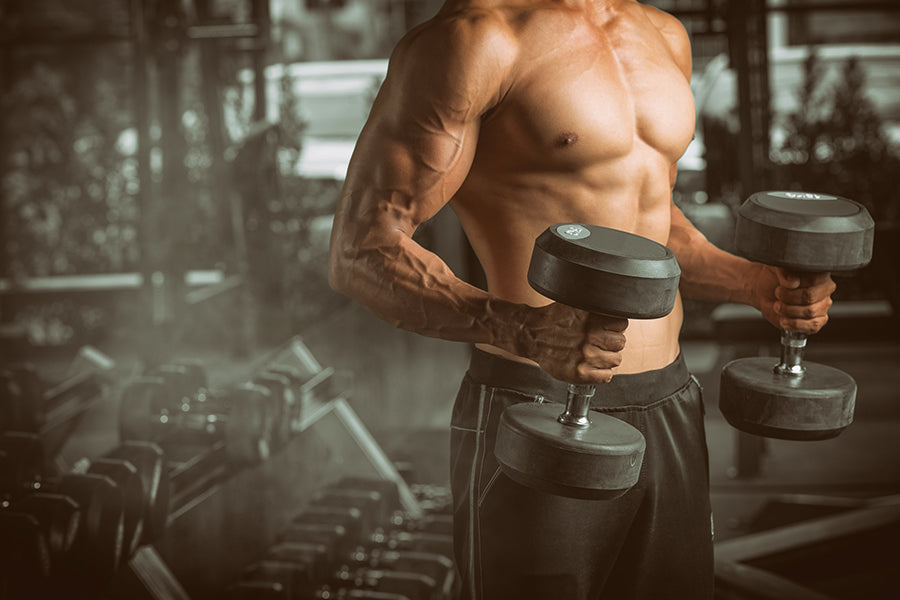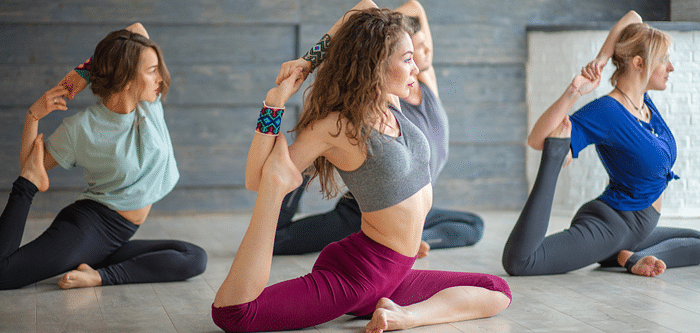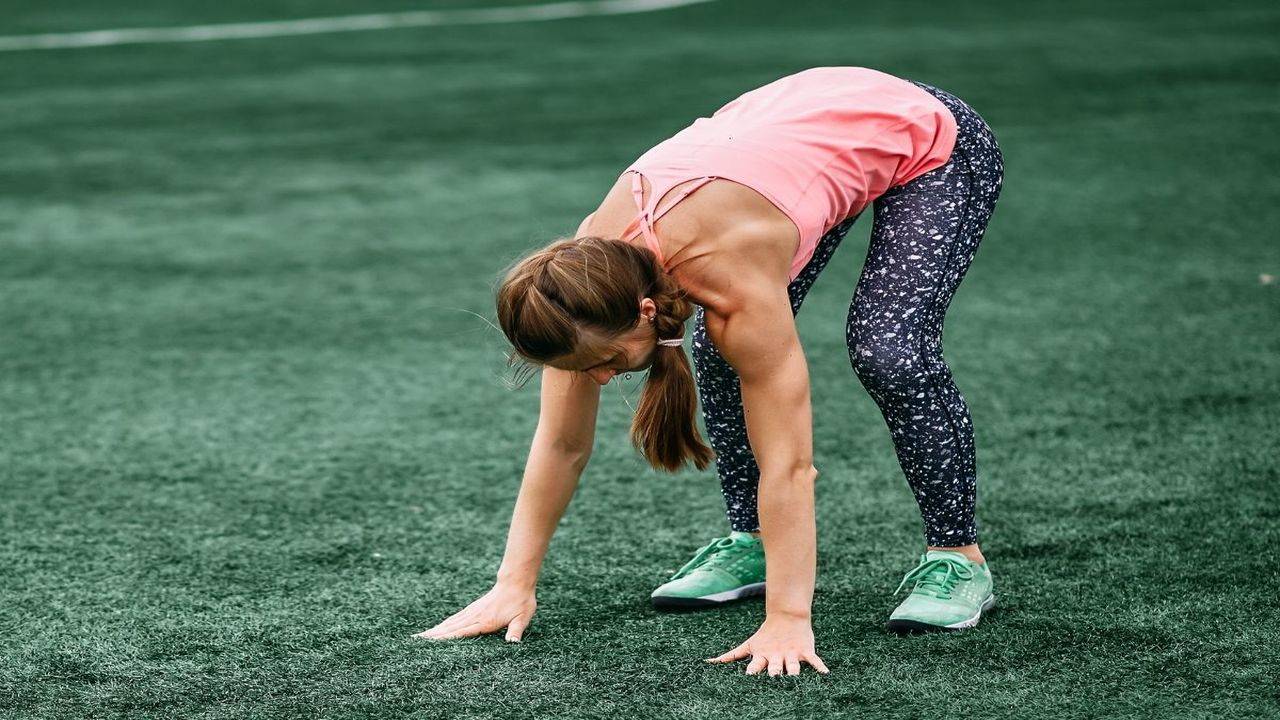Walk into any gym and you’ll see one thing for sure — someone is always on the bench press. There’s a reason why the bench press is the king of upper body lifts. Yet, so many folks brush it aside, chase fancy machines, or think push-ups alone will cut it. Truth is, the bench press is old-school, simple, and works like magic if you do it right. If you’ve been guilty of skipping it or treating it like an occasional add-on, it’s time for a reality check. Here’s why you simply can’t afford to ignore bench presses if you care about real strength, muscle growth, and true progress.
Builds Raw Upper Body Strength
You can spend hours doing curls, dips, or shoulder presses, but the bench press hits the big boys — chest, shoulders, and triceps — all at once. It’s not just about puffing up your chest either. The bench press teaches your body to push heavy weight away from you. That pushing strength translates directly to real-world power. Whether you’re an athlete, someone who plays weekend football, or you just want to open stuck jars like a hero, a strong bench press makes you stronger in life.
Plus, the bench press works stabilizing muscles you don’t always feel. Your lats, rear delts, and even core get recruited when you brace and press that bar. Over time, your whole upper body feels thicker and stronger. That’s why powerlifters swear by it. It’s not just a chest lift. It’s a full upper body test.
Gives You A Bigger, Fuller Chest
Ask any lifter why they bench and they’ll admit it — they want that chest pop. A solid bench routine fills out your pecs like nothing else. Yes, push-ups are fine, but the bench press lets you overload with real weight. That heavy stress forces your muscle fibers to grow.
The incline, flat, and decline bench press variations also let you hit different parts of the chest. Flat bench hits the middle, incline targets upper pecs, decline helps lower. Master them all and you’ll have that rounded chest look you see on magazine covers. If your shirts feel baggy in the chest, it’s probably because you’re avoiding the bench.
Improves Your Other Lifts
The bench press doesn’t just live in a bubble. A stronger bench usually means a stronger overhead press, better push-ups, and even a sturdier squat and deadlift. How? It teaches you how to brace your whole body.
Good bench press form tightens your back, locks in your core, and sets your legs for drive. That same tightness is gold for squats and deadlifts. When you learn how to generate tension on the bench, you’re building habits that carry over to every big lift.
Also, heavy benching grows your triceps. Bigger, stronger triceps mean a stronger lockout for pressing overhead or pushing weight off the floor in deadlifts. It’s all connected.
Boosts Confidence And Mental Grit
There’s a reason people crowd around the bench. Hitting a new personal best on the bench press feels like a rite of passage. You can see the plates stacking up, the bar bending a little. That feeling when you grind out a tough rep? Nothing like it.
Training the bench press tests your patience and your courage. The lift looks simple, but progress needs consistency, good form, and mental focus. You’ll learn to push through sticking points, fail and recover, and come back stronger. That toughness doesn’t just stay in the gym. It creeps into your mindset in other areas too.
You’ll find yourself more disciplined, more patient, and more confident when you see yourself conquer heavier weights on the bench week after week.
Simple, Versatile, And Time-Tested
One big reason the bench press still rules is because it works. No fancy gimmicks. Just you, a bench, a barbell, and gravity. Whether you’re training for strength, size, or sports, the bench fits in.
It’s also super easy to tweak. Too easy on flat bench? Add chains or bands. Need a fresh angle? Switch to dumbbells, or swap to incline or decline. Sticking point at the bottom? Try paused reps. Weak lockout? Add board presses or close grip.
Unlike many machines that force you into a set path, the bench press builds raw, functional pushing power that feels natural. And you don’t need to spend big on a gym membership either — a decent bench and barbell at home covers you for years.
How To Make Your Bench Press Count
It’s not enough to just flop down on the bench and push the bar a few times. If you want to see real gains, your bench form and plan matter.
- Warm Up Right: Always warm up your shoulders, chest, and elbows. Light dumbbell presses, band pull-aparts, or push-ups get blood flowing.
- Nail Your Setup: Plant your feet firmly, arch your back slightly, squeeze your shoulder blades together. Grip the bar tight.
- Control The Bar: Lower the bar to your mid-chest, pause for a beat, and drive it up strong. Don’t bounce it off your chest.
- Progress Wisely: Don’t chase ego lifts. Add weight slowly, focus on good reps.
- Balance Your Training: Add rows, face pulls, and rear delt work to protect your shoulders.
Common Mistakes To Avoid
Lots of lifters bench wrong for years. Here’s what to watch for.
- Flaring Elbows: Keep elbows at about 45 degrees to protect your shoulders.
- No Spotter: Go heavy? Always have a spotter nearby.
- Skipping The Lockout: Lock out at the top, don’t shortchange the rep.
- Neglecting Accessories: Balance your push with enough pulling exercises.
Wrap Up
If you want a strong, thick upper body, skipping bench presses is a huge mistake. They’re the backbone of any solid strength plan. Whether you’re new to lifting or chasing your next personal best, make the bench press your friend. Master it, respect it, and you’ll see the results in your strength, your chest size, and your self-confidence.
Next time you walk into the gym, don’t look for excuses to avoid the bench. Load it up, lay back, and press that bar like you mean it. Your future self will thank you every time you flex in the mirror or push through life’s challenges with a bit more power than before.










